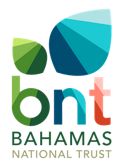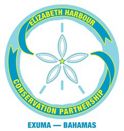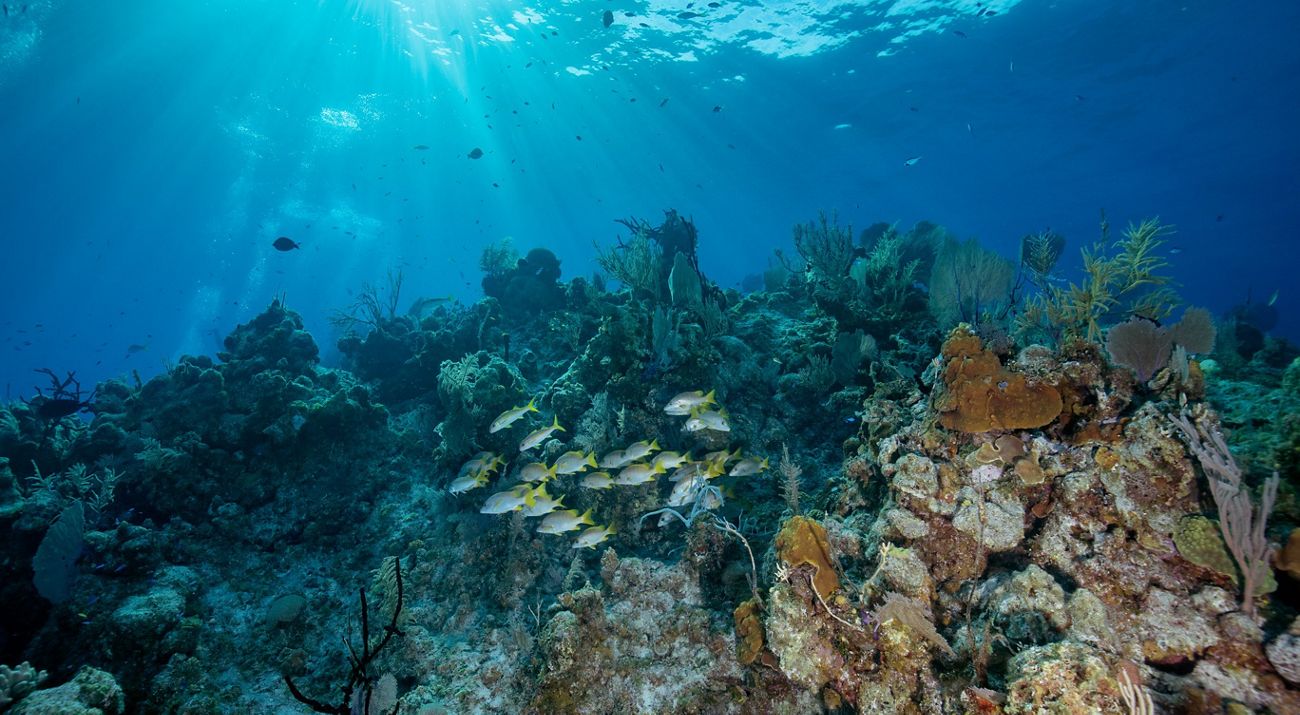
Coral Conservation in The Bahamas
Restoring degraded coral reefs and protecting climate-resilient corals through innovation while supporting healthy marine ecosystems and livelihoods.
The Bahamas is home to one-third of the Caribbean’s coral reefs. Healthy corals are critical to the ecological and socio-economic productivity of the country’s tourism and fisheries sectors. Coral reefs contribute an estimated USD 671 million in dive related tourism, USD 23.5 million per year to fisheries production, and provide coastal protection for many of the vulnerable communities in The Bahamas. Despite their inherent value, this diverse ecosystem has dramatically declined over the past 50 years due to growing global and local threats.
The Nature Conservancy is taking urgent measures to scale funding and on the ground action through scientific innovation and reef positive solutions. TNC is partnering with key stakeholders to advance protection, monitoring and long-term restoration strategies that safeguard coral reefs against stressors like overfishing, pollution, coastal development, coral disease, ocean acidification and other climatic and anthropogenic impacts.
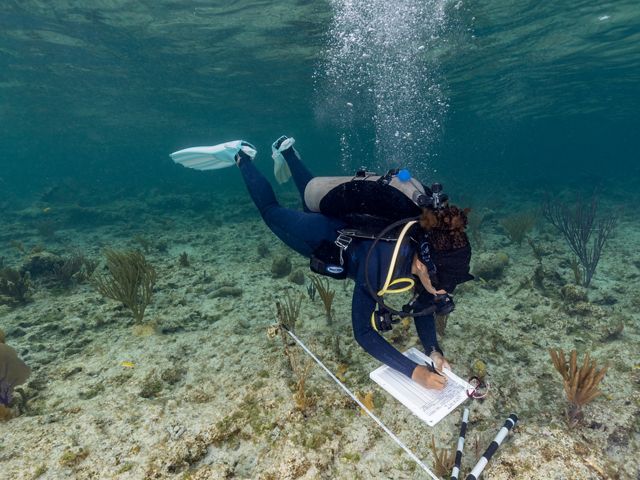
OBJECTIVES
- Promote the development of and investments in innovative financial mechanisms and reef positive solutions that support coral reef conservation and sustainable livelihoods.
- Support the effective management of climate resilient corals including reefs that provide climate risk-reduction benefits to vulnerable communities.
- Advocate for and support the development of a National Coral Reef Conservation Plan and regulatory framework for coral restoration and protection.
- Advance coral research and implement innovative monitoring and restoration technologies to reduce threats to coral reefs and increase climate resiliency.
- Support mitigation efforts to reduce the impacts of SCTLD on Bahamian coral reefs.
- Increase public awareness about the benefits of coral reefs that provide coastal resilience benefits to vulnerable communities.
- Build stakeholder capacity to participate in meaningful coral conservation and restoration efforts.
Quote: Marcia Musgrove
Sustainable financing in the long-term is critical for supporting such a project, especially for local communities who rely on the ocean. They need to ensure their businesses will survive, and by making investments in the environment they glean their livelihoods from they are securing their future.
Impact Funding for BahamaReefs
Impact Funding for BahamaReefs is a long-term blended finance initiative led by The Nature Conservancy (TNC) in collaboration with the Global Fund for Coral Reefs (GFCR) and other strategic partners. The goal of the BahamaReefs program is to facilitate the development of and investments in innovative financial mechanisms and reef-positive businesses that contribute to the resilience of coral reefs and adjacent communities. The program will encourage sustainable financing by leveraging private sector investments to complement public and philanthropic funding. This activity will enable project partners in Grand Bahama, Abaco, Exuma and across The Bahamas to access the resources needed to develop viable reef protection and restoration services and reef-positive businesses in The Blue Economy.
Relevant Literature
-
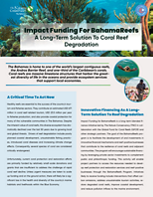
-
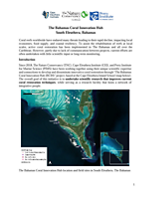 Coral Innovation Hub Factsheet
Coral Innovation Hub FactsheetDiscover more about our collaborative Coral Innovation Hub with the Cape Eleuthera Institute
Download
The Bahamas Coral Innovation Hub
In 2018, The Nature Conservancy (TNC), Cape Eleuthera Institute (CEI), and Perry Institute for Marine Science (PIMS) began collaborating on innovative scientific techniques to develop, scale and disseminate coral restoration through The Bahamas Coral Innovation Hub (BCIH) based at the Cape Eleuthera Island School in South Eleuthera. The goal of this initiative is to undertake scientific research that improves current coral restoration techniques, while serving as a research facility that hosts a network of stakeholders.
The BCIH has three main objectives:
- Implement effective restoration efforts using a multi-technique approach of nursery-reared corals, micro-fragmentation and sexually-produced coral recruits.
- Long-term monitoring of restoration efforts to improve best practices.
- Hands-on coral restoration through local educational programming and internship opportunities for young Bahamians and aspiring scientists.
Coral Conservation: Key Accomplishments
2011-2019
Over the last ten years we have been making significant impacts to coral conservation and restoration in The Bahamas
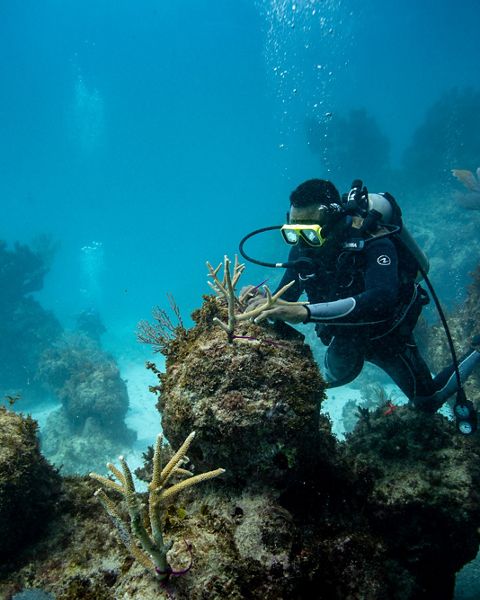
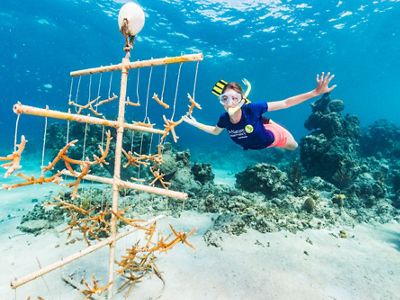
Block and Tree Coral Nursery Established
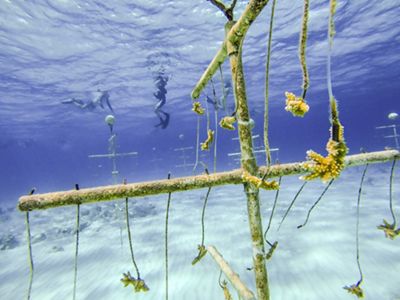
Tree Coral Nursery established
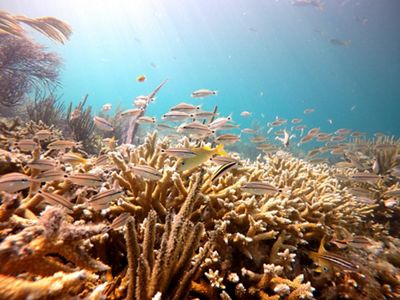
- Joulters Cay AGRRA Survey; Southeastern Bahamas Rapid Ecological Assessment - Coral Nursery Training for multiple partners
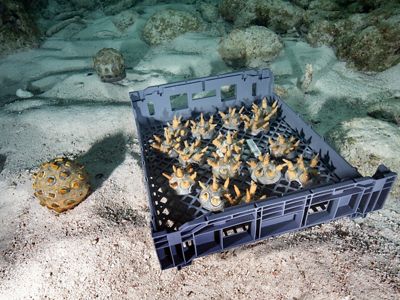
First coral outplants
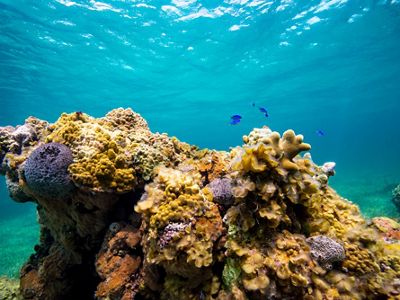
Supported Creation of Bahamas Coral Reef Report Card
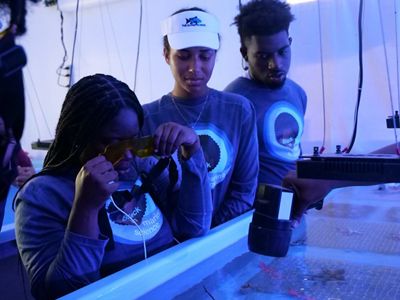
Launched Bahamas Coral Innovation Hub with Cape Eleuthera Institute and Perry Institute of Marine Science
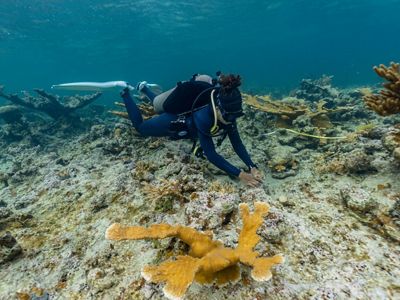
Coral Reef Research & Conservation Internship

